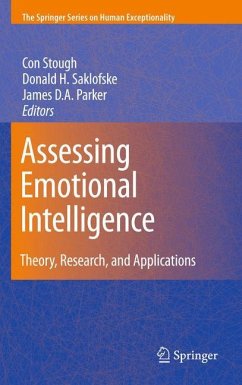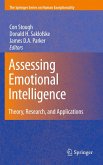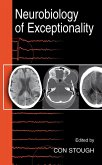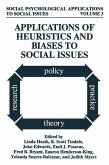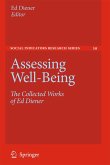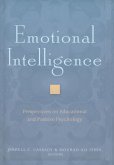Managing human emotions plays a critical role in everyday functioning. After years of lively debate on the significance and validity of its construct, emotional intelligence (EI) has generated a robust body of theories, research studies, and measures. Assessing Emotional Intelligence: Theory, Research, and Applications strengthens this theoretical and evidence base by addressing the most recent advances and emerging possibilities in EI assessment, research, and applications.
This volume demonstrates the study and application of EI across disciplines, ranging from psychometrics and neurobiology to education and industry. Assessing Emotional Intelligence carefully critiques the key measurement issues in EI, and leading experts present EI as eminently practical and thoroughly contemporary as they offer the latest findings on:
EI instruments, including the EQ-I, MSCEIT, TEIQue, Genos Emotional Intelligence Inventory, and the Assessing Emotions Scale.
The role of EI across clinical disorders.
Training professionals and staff to apply EI in the workplace.
Relationships between EI and educational outcomes.
Uses of EI in sports psychology.
The cross-cultural relevance of EI.
As the contributors to this volume in the Springer Series on Human Exceptionality make clear, these insights and methods hold rich potential for professionals in such fields as social and personality psychology, industrial and organizational psychology, psychiatry, business, and education.
This volume demonstrates the study and application of EI across disciplines, ranging from psychometrics and neurobiology to education and industry. Assessing Emotional Intelligence carefully critiques the key measurement issues in EI, and leading experts present EI as eminently practical and thoroughly contemporary as they offer the latest findings on:
EI instruments, including the EQ-I, MSCEIT, TEIQue, Genos Emotional Intelligence Inventory, and the Assessing Emotions Scale.
The role of EI across clinical disorders.
Training professionals and staff to apply EI in the workplace.
Relationships between EI and educational outcomes.
Uses of EI in sports psychology.
The cross-cultural relevance of EI.
As the contributors to this volume in the Springer Series on Human Exceptionality make clear, these insights and methods hold rich potential for professionals in such fields as social and personality psychology, industrial and organizational psychology, psychiatry, business, and education.

